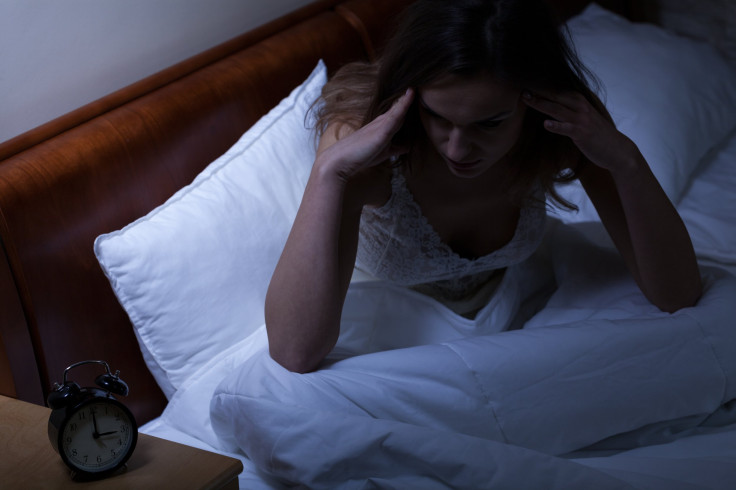Exploding Head Syndrome Is More Common Than Thought; The Scary Sleeping Disorder

A loud noise awakens you in the night or shakes you to alertness just as you were drifting off to sleep. You look about the room frantically and realize there’s nothing there that could have caused the noise — it’s all in your head. Exploding head syndrome is a painless sleeping event associated with bright flashes of light, shortness of breath, increased heart rate, and of course, the characteristically loud sound. Sleep medicine is a relatively young branch of science that started in 1980, but researchers are just now realizing this startling syndrome isn’t as rare as they once thought.
The investigation into exploding head syndrome began when the director of Washington State University’s psychology clinic, Brian Sharpless, found the statistics to be unrealistic with limited foundation. Current research indicates the syndrome only affects people over the age of 50, according to the American Sleep Association.
"I didn't believe the clinical lore that it would only occur in people in their 50s," Sharpless said in a press release. "That didn't make a lot of biological sense to me."
The study, published in the Journal of Sleep, is the largest research performed to uncover the risk and incidence rate for exploding head syndrome. Sharpless concluded the disorder was largely overlooked and needed further research, and what he and his research team found was surprising. An exploding event usually occurs as the brain shuts down, similar to a computer that turns off. When the brain goes to sleep, it shuts down in stages, with motor, auditory, and then visual neurons — but then something goes awry.
"That's why you get these crazy-loud noises that you can't explain, and they're not actual noises in your environment," Sharpless said. "Some people have worked these scary experiences into conspiracy theories and mistakenly believe the episodes are caused by some sort of directed-energy weapon. They may think they're going crazy and they don't know that a good chunk of the population has had the exact same thing."
It turns out, when researchers studied 211 undergraduate and graduate college students, they found nearly one in five had experienced exploding brain syndrome at one point in their lifetime. Some said it was so extreme it even affected their waking lives with stress and fear. Sharpless said the episodes can be extremely frightening even though they last for a few seconds.
"There's the possibility that just being able to recognize it and not be afraid of it can make it better," Sharpless said. Every night sufferers of the syndrome go to bed waiting for their brain’s alarm clock to jolt them right back into consciousness. A third of the people who have the syndrome also experience isolated sleep paralysis, which locks people into a dream state with their eyes open, unable to move or speak as they wake up — another frightening bedtime phenomenon.
Unfortunately, for those suffering and who have gone searching for relief, the drugs available today to treat the exploding head syndrome only turn the volume down on the internal mind explosion and don’t actually stop the occurrences. Further research will be performed to understand exactly how to treat the expectantly large population of nightly sufferers.
Source: Sharpless B. Exploding head syndrome is common in college students. Journal of Sleep Research. 2015.
Published by Medicaldaily.com



























